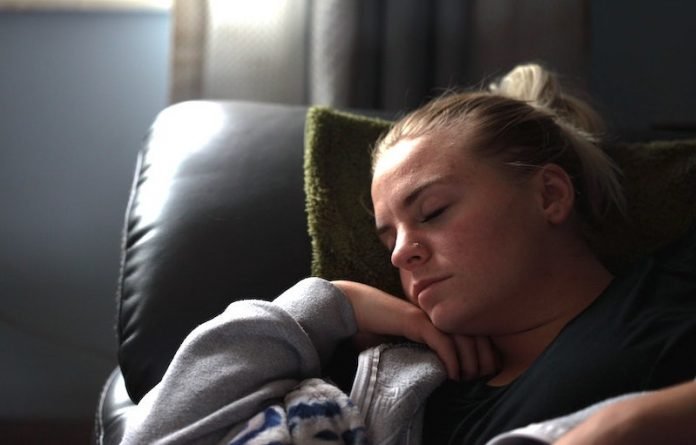
Scientists from Central South University found that napping on a regular basis is associated with higher risks for high blood pressure and stroke.
The research is published in Hypertension and was conducted by E Wang et al.
In the study, the team examined whether frequent naps could be a potential causal risk factor for high blood pressure and/or stroke.
Researchers used information from UK Biobank, which recruited more than 500,000 participants between the ages of 40 and 69 who lived in the United Kingdom between 2006 and 2010.
The team used data from 360,000 participants to analyze the association between napping and first-time reports of stroke or high blood pressure, with an average follow-up of about 11 years.
They found a higher percentage of usual-nappers were men, had lower education and income levels, and reported cigarette smoking, daily drinking, insomnia, snoring and being an evening person compared to never- or sometimes-nappers.
When compared to people who reported never taking a nap, people who usually nap had a 12% higher likelihood of developing high blood pressure and a 24% higher likelihood of having a stroke.
Participants younger than age 60 who usually napped had a 20% higher risk of developing high blood pressure compared to people the same age who never napped.
After age 60, usual napping was linked to a 10% higher risk of high blood pressure compared to those who reported never napping.
About three-fourths of participants remained in the same napping category throughout the study.
The Mendelian randomization result showed that If napping frequency increased by one category (from never to sometimes or sometimes to usually) high blood pressure risk increased by 40%.
Higher napping frequency was related to the genetic propensity for high blood pressure risk.
The team says this may be because, although taking a nap itself is not harmful, many people who take naps may do so because of poor sleep at night.
Poor sleep at night is associated with poorer health, and naps are not enough to make up for that.
This study echoes other findings that generally show that taking more naps seems to reflect an increased risk for problems with heart health and other issues.
If you care about blood pressure, please read studies about how COVID-19 pandemic harms blood pressure health, and this daily snack may help you reduce high blood pressure.
For more information about blood pressure, please see recent studies that, sometimes, the best treatment for high blood pressure is to wait, and results showing blood pressure rising at night may double death risk in people with diabetes.
Copyright © 2022 Knowridge Science Report. All rights reserved.



